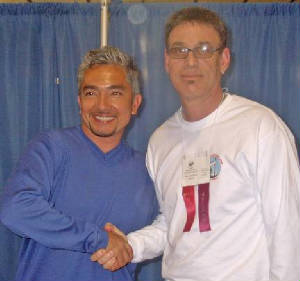There is a common saying that you cannot teach an old dog new tricks. Often, dog owners will take this to mean that once a dog reaches a certain age, it is no longer possible to train him. While it is beneficial for training to begin when a dog is a puppy since those are the most formative months, this saying is far from true.
Older dogs can still learn new behaviors so if you have adopted an older rescue or forgot to train your dog when he was younger, there is still hope that you can get a well behaved dog. You simply need to be aware of the differences and choose the right approach for training.
How to Train an Older Dog
Some of the challenges of training an older dog are that he will likely be more accustomed to his way of doing things. While everything is new to a puppy and correcting behaviors can be easier, an older dog may take more persuasion and reinforcement to learn new commands.
Additionally, training often requires repetition. If you are repeating movements like sit and down often, your older dog will probably move more slowly than a puppy. This may make it necessary to shorten training sessions or give your dog a little extra time to get the command.
There are some benefits to working with an older dog, however, in that an adult dog will have a longer attention span than a puppy and is less likely to be distracted while you work together. Training is also a great activity for mental stimulation, especially when a dog may not be able to be as physically active. Other strategies you should use for training an older dog include:
- Be Patient - All dog training requires patience, but old dogs may require extra since they can be slower to pick up new skills.
- Keep Sessions Short - An older dog has a bit more focus, but repeating the same behaviors for too long will get boring. Try to limit sessions to about 20 or 30 minutes and practice several different commands in those sessions.
- Be Consistent - When changing behaviors, you (and everyone in your household) needs to consistently enforce the new behavior. If your dog has been behaving one way his entire life, inconsistent reinforcement will not be enough.
- Choose the Right Commands - If you are teaching tricks and have a senior dog, be aware of your dog’s physical limitations. Any tricks that are too physically demanding may be too taxing for your dog to learn and spoil training sessions.
If your older dog has severe behavioral problems such as aggression, biting, or destructive tendencies, it can be a better option to seek a trainer. These can be dangerous behaviors and because your dog might be set in his way out of fear, an experienced trainer may be required to safely address the issue.





